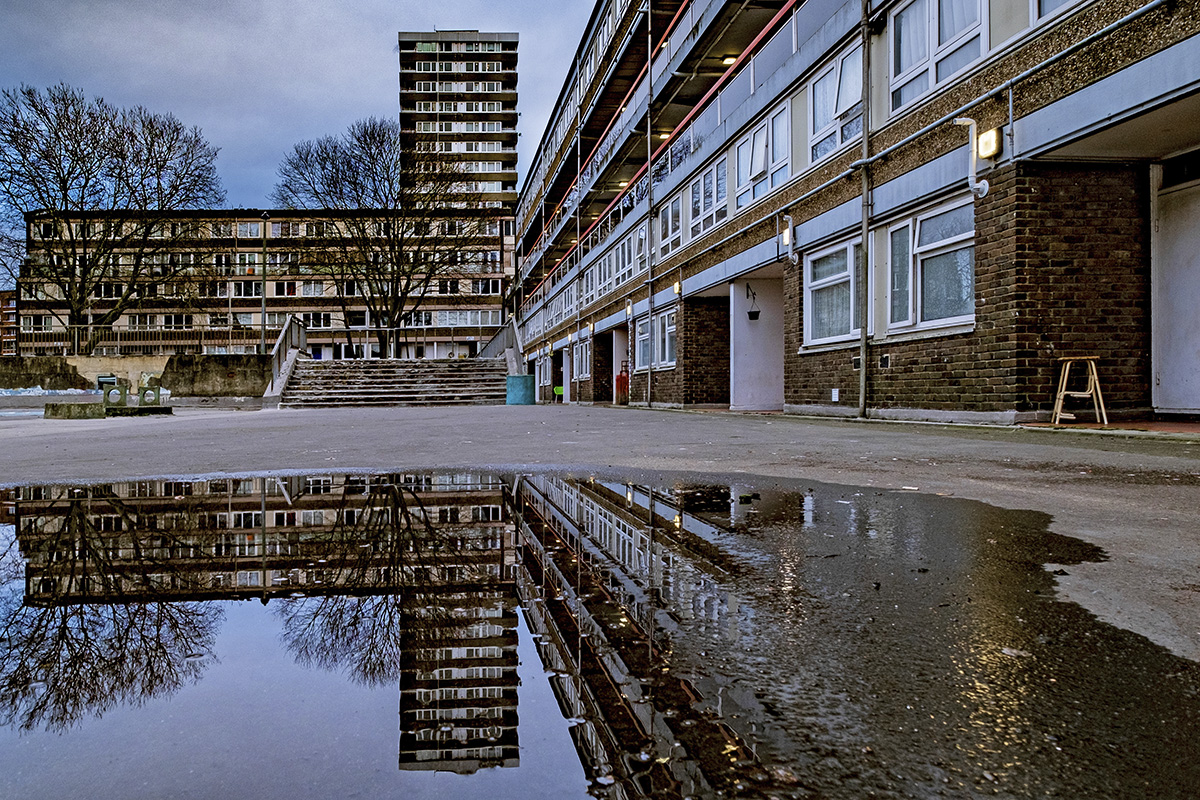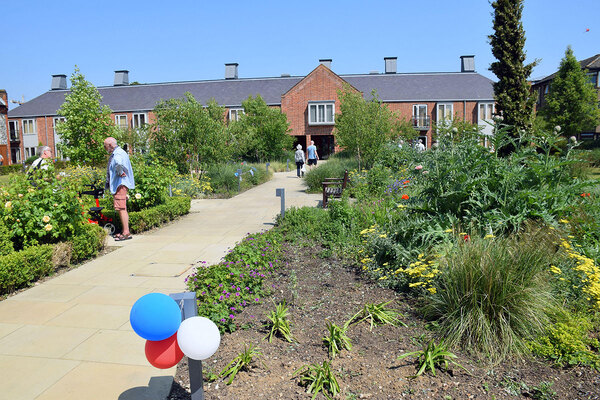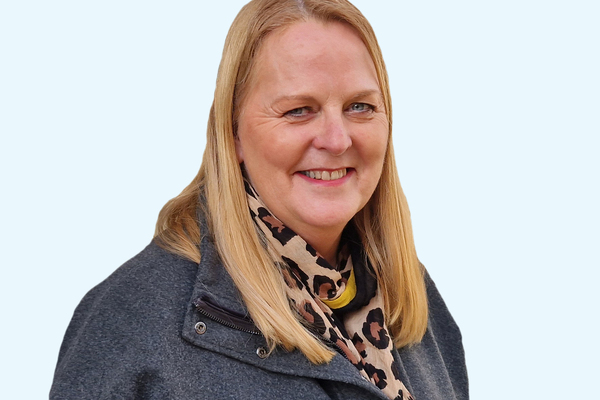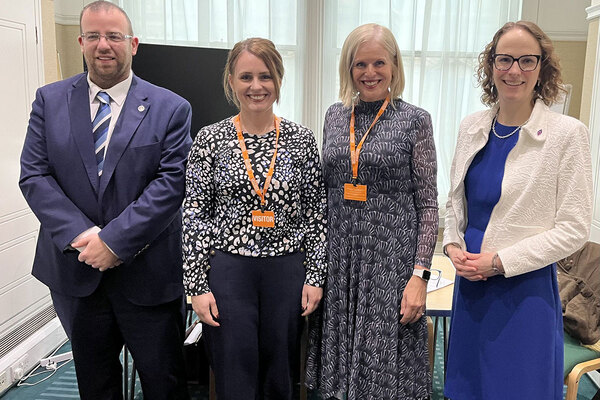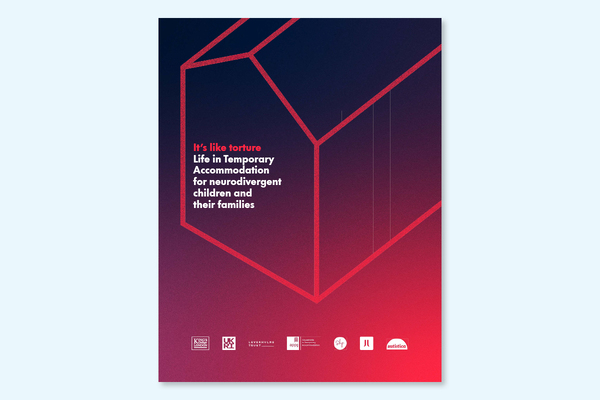You are viewing 1 of your 1 free articles
Supported housing report leak: what it tells us about the exempt accommodation problem
Just over 18 months ago, the government set out to find ways to better control and regulate exempt and supported housing provision, running pilot projects in several affected council areas. Inside Housing has obtained a leaked report from the pilots, which gives important insight into how this type of housing is being run across the country. Jack Simpson reports
The rapid growth of exempt accommodation across the country has been huge, but largely hidden. Since the removal of the ringfenced funding through the Supporting People fund, it has become an important way of providing accommodation for people who are the most difficult to house under allocation rules.
Tens of thousands of people who have just left prison, who are fleeing domestic violence, or who are refugees have relied on exempt accommodation to put a roof over their heads. Yet, while many providers provide good-quality accommodation and excellent support for some of the most vulnerable in society, there are others that have abused the system and taken advantage of those most in need.
With rents being uncapped because of the support element of the housing, some landlords have been able to charge extortionate rents, in the knowledge that they will be paid by government. This can often be for poor-quality accommodation, and providing inadequate – or at times zero – support.
As the issue of these unscrupulous landlords began to grow, the government took action 18 months ago. As part of this plan, it set up pilots in five of the worst-affected towns and cities, to look at ways to better control and regulate exempt and supported housing provision.
These pilots have now concluded and Inside Housing has got hold of a leaked report outlining some of the findings from those pilots. The report is from November last year and the Department for Levelling Up, Housing and Communities has said that it will not comment on leaks and that a full and updated report will be published next month.
However, the draft version gives us key information on what councils achieved during the pilot but also an important insight into how exempt accommodation and supported accommodation are being run across the country, and how some are taking advantage of it.
Exempt accommodation is nationwide, not just in Birmingham
As part of the pilot, five councils were provided with funding to support their work monitoring and managing supported and exempt accommodation provision in their areas.
These were Birmingham, Bristol, Blackburn, Blackpool and Hull, each with slightly different issues and, as a result, different activities backed by the pilot. For example, Blackpool’s work focused on investigating fraud related to exempt accommodation, as well as providing specialist housing benefit advice around exempt provision.
Bristol’s work focused on safeguarding work of those living in these properties and engagement with providers around claimant support. In Birmingham, the council looked at serious organised crime linked to exempt accommodation properties, among other things.
What are the three types of exempt accommodation provider?
The report identifies three types of exempt accommodation provider operating in the sector. At the top of this list, and the type of provider that dominated discussions with councils, is the “provider of concern”.
This type of provider is described as an organisation that might “falsify information”, charge extortionately high rates and disguise profits in order to substantiate claims.
The report suggests that these providers take advantage of the scheme by using housing benefit loopholes and are often unresponsive to property inspections or proof of support notices. They also tend to facilitate a “revolving door” for some supported housing tenants and are the main targets for legal action carried out by authorities, the report says.
To support their work and avoid reprisals, these providers tend to invest significant amounts in legal and consultancy support when challenged.
The second group of providers are labelled “misinformed providers”. These providers regularly breach conditions but this appears to be more a result of a misunderstanding of regulations than anything else. These organisations often apply on behalf of their residents for the incorrect category of support, or do not adhere to fire safety standards. The report says that usually when enforcement action is taken, these providers are often more willing to receive feedback and improve.
The third type is the “ideal-type providers”. These organisations put the tenant at the heart of what they do, charge reasonable rents, are able to easily provide proof of support and usually provide high-level support.
However, even with these providers, the report says that there are risks of tenant institutionalisation and that there is occasional misunderstanding of licensing and planning requirements.
Public money is being lost through the exempt accommodation system
One of the key aims of the pilots was to address the issue of value for exempt and supported accommodation. The nature of exempt accommodation means that if a low level of support is offered by a provider, it can claim – from the Department for Work and Pensions (DWP) or the council – an exemption from normal housing benefit caps.
For example, a study by Spring Housing Association and charity Commonweal Housing in 2019 found that some providers were charging as much as £200 per week in Birmingham, despite the Local Housing Allowance cap for shared accommodation being just £57.
This means that tens of millions of pounds are going from the DWP to exempt providers every year. The most recent estimate puts it at £800m a year. And a large percentage of this is being lost to providers that are not providing the right level of support.
In total the pilots saw 22,699 exempt accommodation claims assessed, with Birmingham making up 21,628 of those. The nearest other local authority was Blackpool with 622.
According to the pilots, the additional resources gave councils more opportunity to scrutinise providers that were making claims and to reassess them.
In Blackburn, a closer inspection of some of these claims led to the reassessment of a large charity providing this accommodation. After this, it was found that it was not providing specified exempt accommodation. The report also referred two housing associations to the regulator, one of which was downgraded as a result, and one of which was being reviewed at the time of writing the report.
A total of 23,677 housing benefit reassessments were undertaken across the pilots. In 1,534 cases the claims were reduced and in 1,285 cases the claims were found to be ineligible for supported housing exemptions. On top of this, 225 new claims were outright rejected on support grounds or because a provider did not provide enough information.
However, the report also pointed to how some long-term profit-motivated providers could sidestep the new barriers put up and evolve new structures to work within the legal framework. The report also cited the increasing number of real estate investment trusts operating in this area and said that it was difficult for authorities to unpick the complex lease agreements, which “inflated rental costs because they include lease charges designed to generate profits for investors”.
Providers that are not up to scratch are now being blocked from the sector
In an ideal world, those ‘providers of concern’ as described earlier would be blocked from providing exempt accommodation.
However, as the rapid rise of this type of accommodation has shown, in recent years they have not been blocked. Often this has been because of a lack of resource to block them, or a lack of tools to take action.
One part of the report says that absent regulation does not prevent providers of concern from setting up easily without consulting the council, and claiming uncapped rents with few questions.
However, the pilots did allow councils to become greater gatekeepers of which types of providers were coming into the sector. There was general consensus that it was hard to tackle poor-quality or unscrupulous landlords once they had set up supported provision.
However, there were some successes in stopping them in the first place. For example, Blackpool developed a new system in which new players had to come through only one entry point when they wanted to set up an exempt facility. At this stage the council was a lot more discerning of the providers and estimated it saved £2.5m as a result of this.
However, even in the case of Blackpool the council warned that in some cases the providers it blocked ended up in other areas without as stringent gatekeeping.
Birmingham is the area that continues to see the biggest growth in new providers. Data given by the council found that it had received a staggering 390 applications from new providers over the course of the pilot projects. Of these, only 62 were granted housing benefit, while 211 were outright refused, and the remaining 117 had their rents restricted.
However, despite this work, the report points out that the number of claims still increased during the period, indicating that gatekeeping will not always stop oversupply in the city.
There are widespread issues with the quality of exempt accommodation
One of the key things that the pilots enabled the different local authorities to do was to increase the number of inspections carried out on their properties.
With extra resource, Hull was able to double its number of inspections to 322, Blackpool said that it significantly increased inspections and Birmingham, which increased its inspections team from two to nine inspectors, carried out 517 inspections, double that of the 250 it predicted it could have carried out without support.
In total there were 1,025 property inspections undertaken across all local authorities. The inspections found a number of issues when judged against the Housing Health and Safety Rating System, which is used by councils to assess the standards of properties.
In total, 2,926 ‘category one’ and ‘category two’ hazards were found. More worryingly, 1,648 of these were category one hazards, which are hazards that pose a “serious and immediate” risk to a person’s health and safety. Once again Birmingham led the way in these, with 1,532 of the 1,648. Of these hazards 876 have now been removed at the time the report was written.
Of the 1,278 category two hazards, 535 had been removed. However, pilot authorities responding to the review said that often the providers with the lowest property standards were those that were the hardest to engage with, and that there was a lack of enforcement available to take action against them, as their standards were poor but not illegal.
In total, there were only 76 formal actions across the pilot, while 489 informal actions carried out, with the vast majority of these by Birmingham and Hull.
Some providers are receiving the money but not always providing the support
Exempt accommodation is not just about providing housing – there is an element of care that must be ticked. But the understanding of how much support should be offered is not agreed on.
The guidance suggests that to be exempt from housing benefit, accommodation must have care and support at a level that is “more than minimal” or “trifling”.
However, as the pilots show, this is perceived differently by different areas. For example, in Bristol the council believes that “more than minimal” means two to three hours a week. In Birmingham it is interpreted as just one hour.
The report also says that it is easier to get providers to prove they are offering the right level of support than it is to prove they are not, particularly where tenants are being “potentially coerced to testify”.
The pilot for the first time showed the level of tenant complaints about the support they were receiving. In total, 220 complaints were received, with the majority in Hull (99).
However, it is believed that those in this sort of accommodation are unwilling to raise grievances, or unaware of the channels they can use to raise complaints.
Of the complaints raised, 452 actions were taken to drive providers to improve the quality of care. Hull led the way again, with 224 actions.
Growing calls for greater regulation
One of the key issues that many who are close to the exempt sector continue to bring up is that the regulation available is weak and makes it easier for providers to operate. This was backed up in the report, which says that “unclear and absent regulation proved a barrier to councils” as it meant that providers were “legally and practically unaccountable”.
This was outlined in the section explaining the difficulties if concerns around providers needed to be escalated. Authorities said that taking providers through legal avenues to rectify issues was often time-consuming and expensive.
It was also felt that even if they were taken to court, councils feared that they would likely lose due to the “lack of legally binding regulations” around supported housing. What constituted “more than minimal” support was often a judgement call, and all of the authorities raised the lack of clarity over what this constituted as a key issue.
The report and councils involved also said there needs to be a clear definition on what “more than minimal” support us required, which would give them more powers to reject exempt claims if a provider did not meet the standards.
Court cases often rely on evidence from tenants, which is hard to secure, and providers often pay for professional barrister support in court.
Exempt accommodation is filling a housing hole
Whether it is providers trying to game the system and line their pockets, or terrible housing conditions that the most vulnerable in society have to endure, or a lack of the level of support needed to improve their lives, there are clearly issues with exempt accommodation.
However, with the lack of affordable housing and funds for commissioned support, exempt accommodation is picking up the slack. In many cases this is through good accommodation and providers, but in some cases it is through bad provision.
However, as many of those involved in the pilots appreciate, increased regulation and scrutiny could impact the type of this housing that is available. The report admits that stronger gatekeeping regarding new players entering the sector could lead to an undersupply of supported accommodation in certain areas.
At one point it states that while greater regulation will “ensure tenants are getting a good level of support, it may mean that some potential supported housing tenants are left without housing at all”.
As one council worker interviewed as part of the report says: “lt’s a bit of a double-edged sword really, because people have said it’s better than being on the streets even if it’s a total dog’s dinner of a house and there’s no support provision.”
Sign up for our care and support newsletter
Already have an account? Click here to manage your newsletters
Related stories



